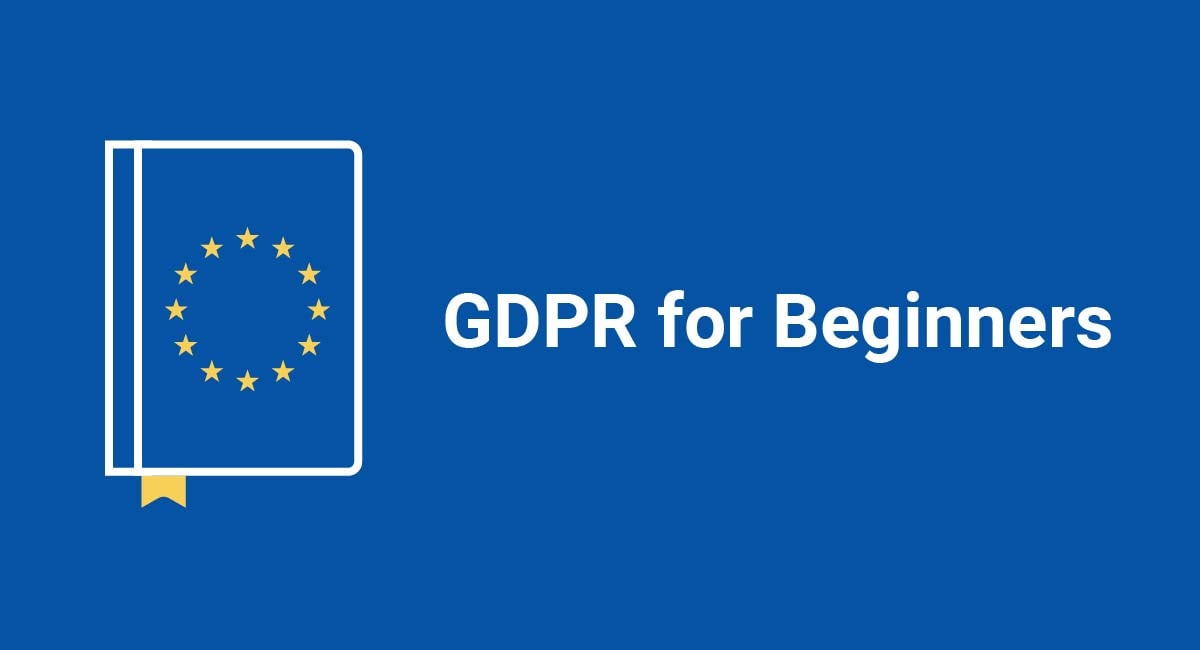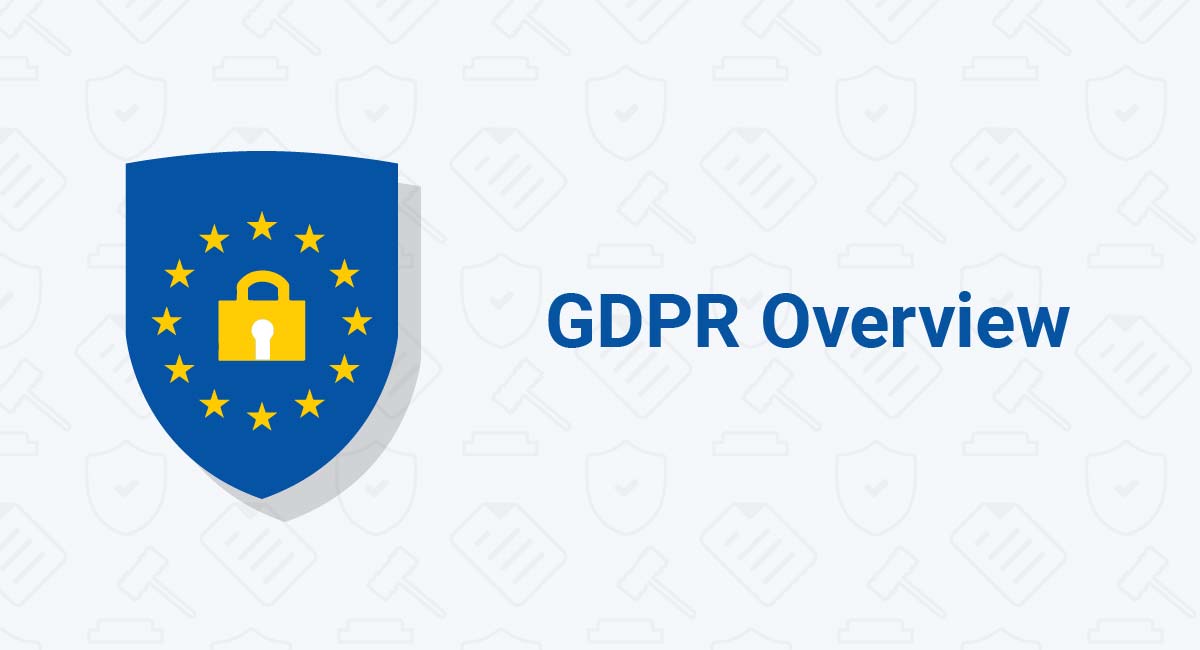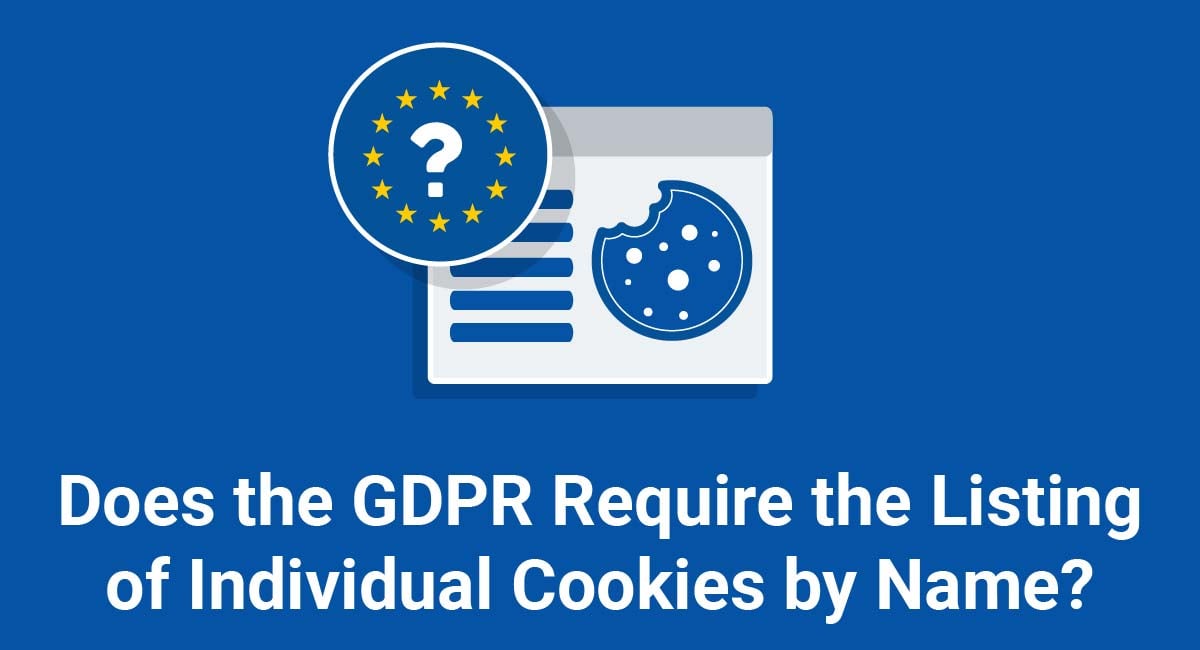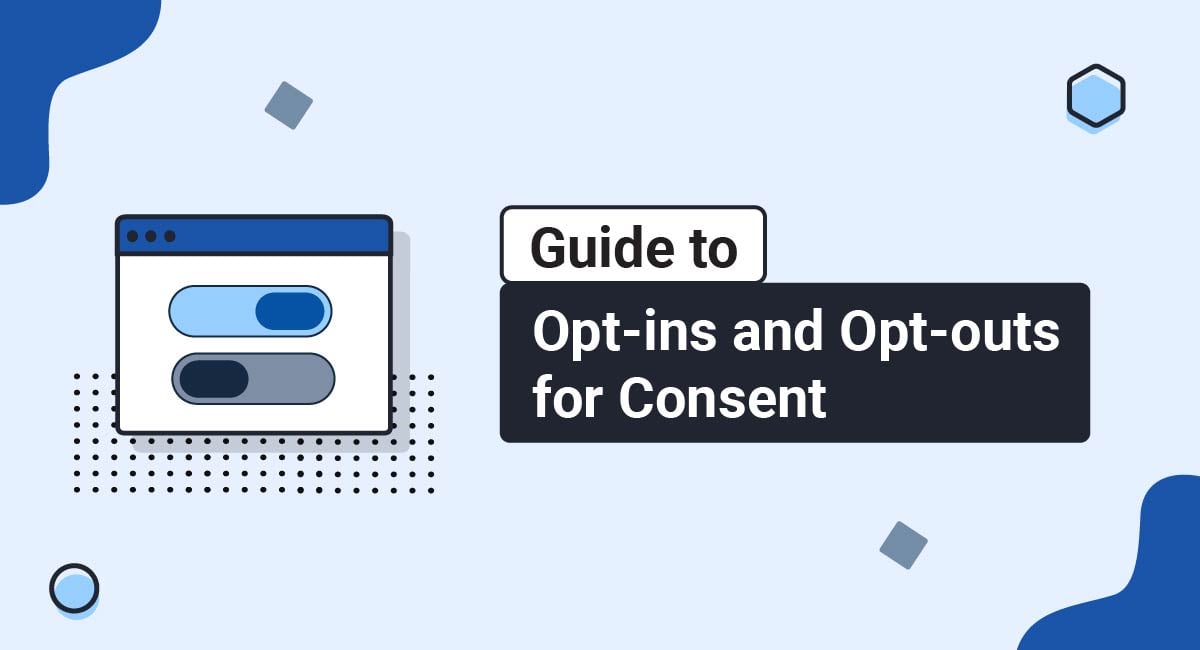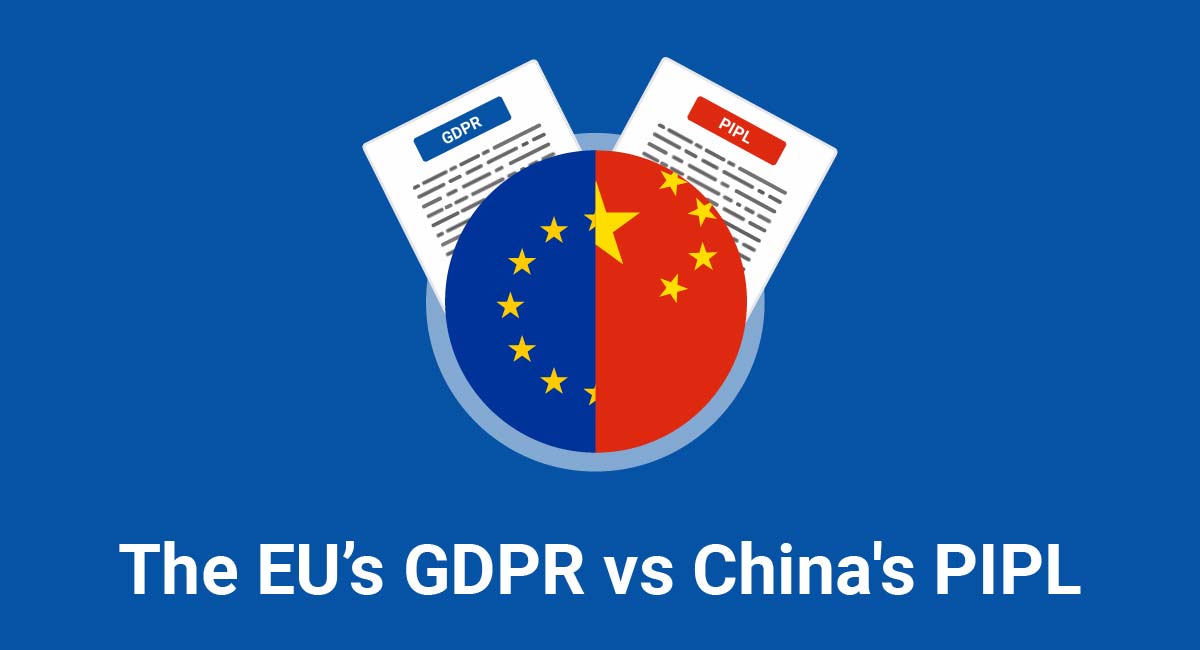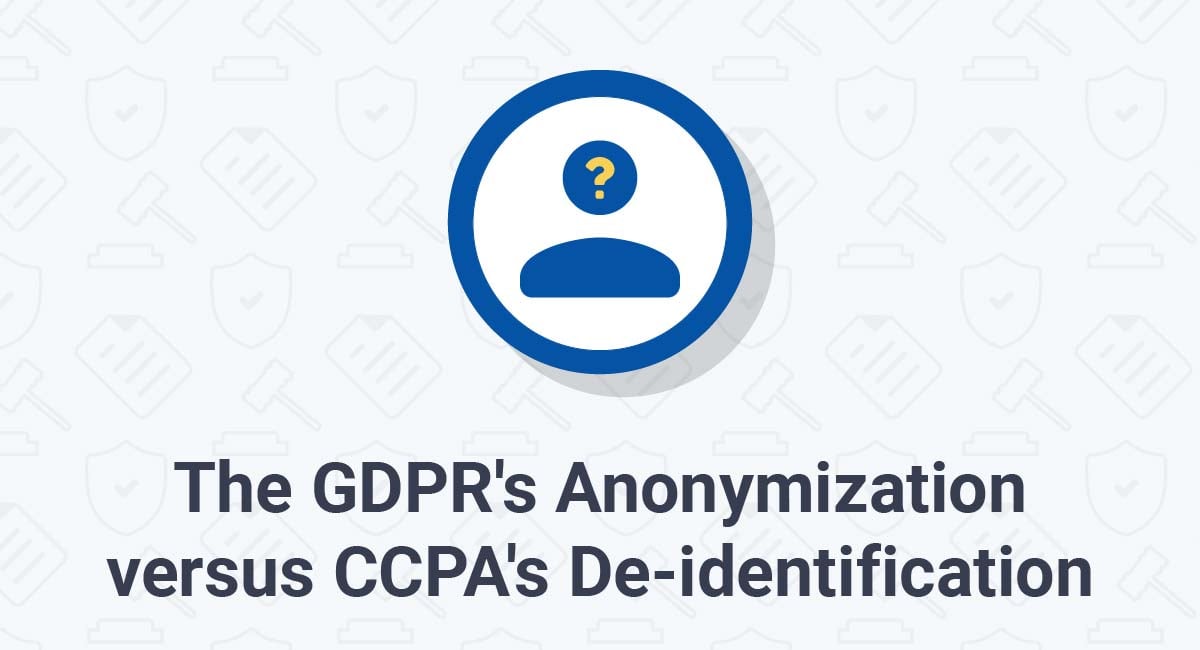Blog: EU Privacy Laws
Page 3
Navigate
-
EULA Agreements
-
Cookies Policy Agreements
-
Disclaimer Agreements
-
Privacy Policy Agreements
-
US Privacy Laws
-
Return Policy Agreements
-
Legal Requirements
-
EU Privacy Laws
-
Terms & Conditions Agreements
-
How to
-
Asia Privacy Laws
-
CA Privacy Laws
-
Consent
-
Templates
-
Consumer Privacy
-
AU Privacy Laws
-
LatAm Privacy Laws
-
Clauses
GDPR for Beginners
The General Data Protection Regulation (GDPR) is a comprehensive legal framework that regulates how companies collect and process personal data in the European Union (EU). Revered as the most robust digital privacy regulation in the world today, the GDPR has been a landmark in the data protection realm, establishing a new...
GDPR Overview
The General Data Protection Regulation (GDPR) is a regulation set forth by the EU that governs the protection and dissemination of personal data and enhances digital privacy for people located in the EU. The GDPR's primarily goal is to serve as a unifying, comprehensive, data and privacy framework for any organization...
Does the GDPR Require the Listing of Individual Cookies by Name?
The European Union currently boasts the world's most comprehensive and expansive regulatory framework to date, the General Data Protection Regulation (GDPR). Complementing this law is the e-Privacy Directive (aka the EU Cookies Directive) to ensure the firm establishment of data protection and online privacy in the EU. A critical area covered...
Guide to Opt-ins and Opt-outs for Consent
Obtaining consent to carry out data-driven activities has never been more important in today's privacy-conscious era. When it comes to consent, most data protection laws fall into one of two categories: opt-in or opt-out regimes. Whether you run a website, a mobile app, an ecommerce platform, or a similar business model,...
The EU's GDPR vs China's PIPL
China's PIPL has been compared to the European Union's General Data Protection Regulation (GDPR). This article will compare and contras PIPL's provisions and compliance requirements with those of the GDPR. The official text of PIPL (in Chinese) can be found here. You can find a full English translation by the DigiChina Project, based...
The GDPR's Anonymization versus CCPA/CPRA's De-identification
Anonymization under the EU's General Data Protection Regulation (GDPR), and de-identification under the California Consumer Protection Act (CCPA/CPRA) are both ways to protect the privacy of data subjects. De-identification is a process that can be used in the U.S. for compliance with the CCPA (CPRA). In contrast, GDPR anonymization is used...
